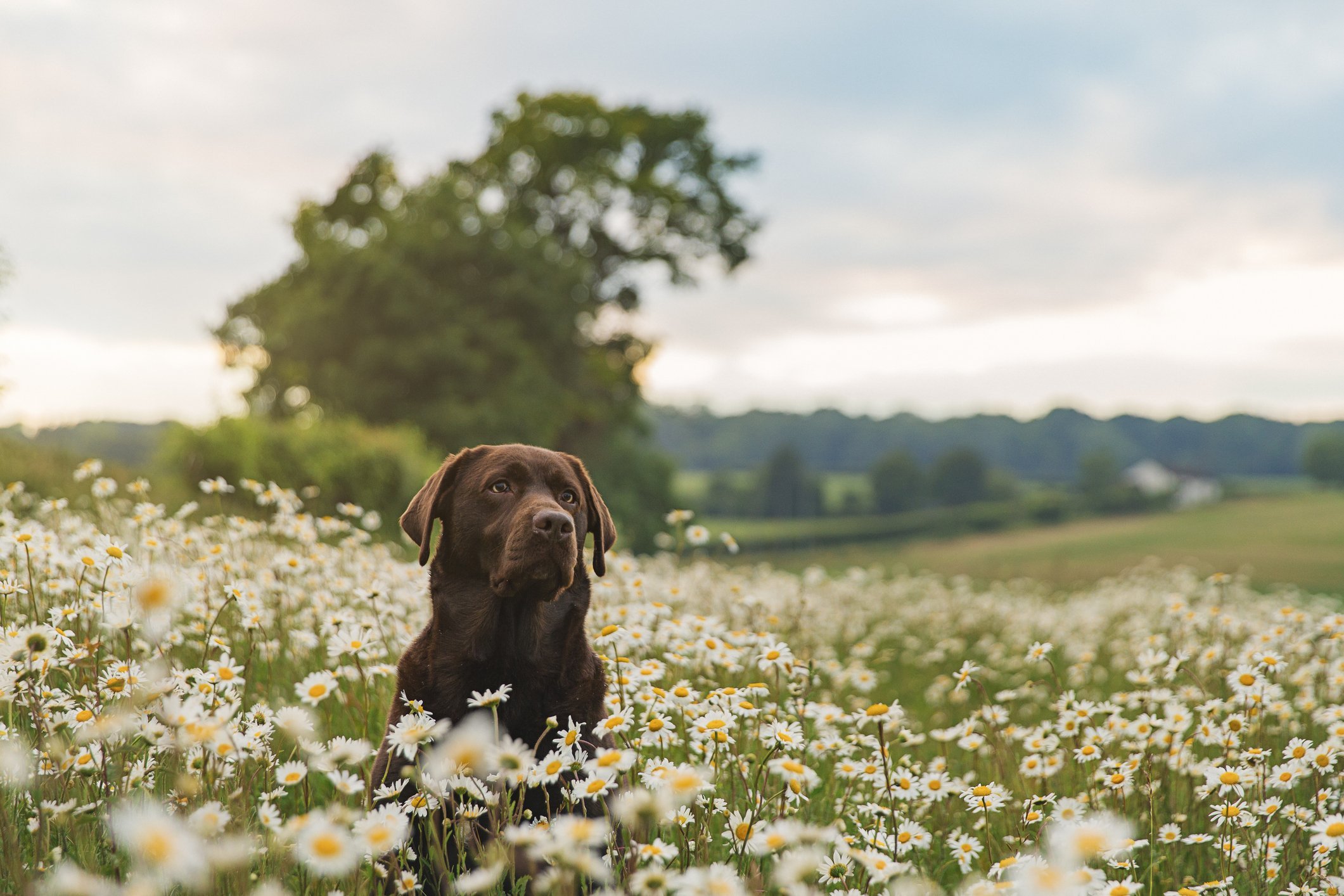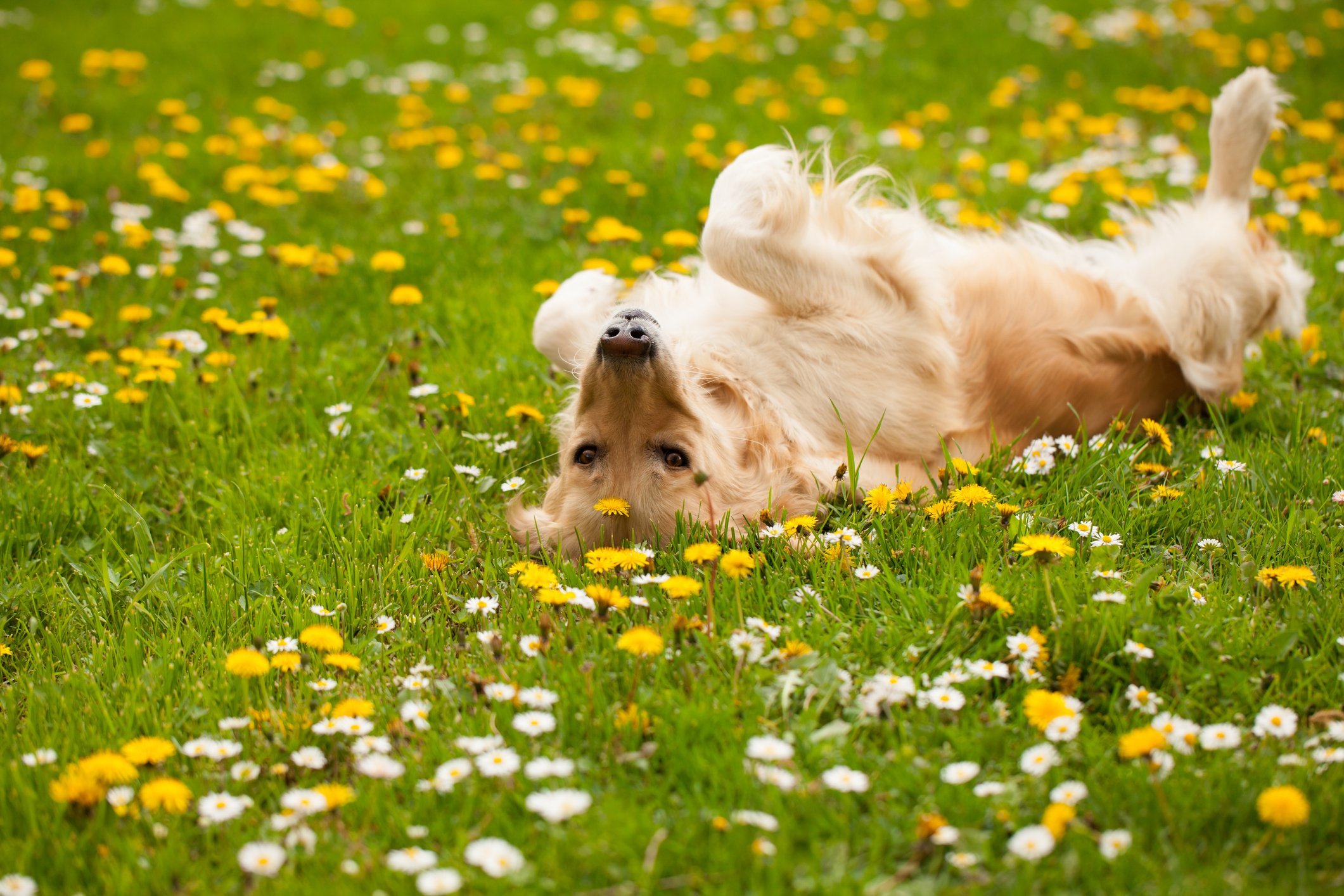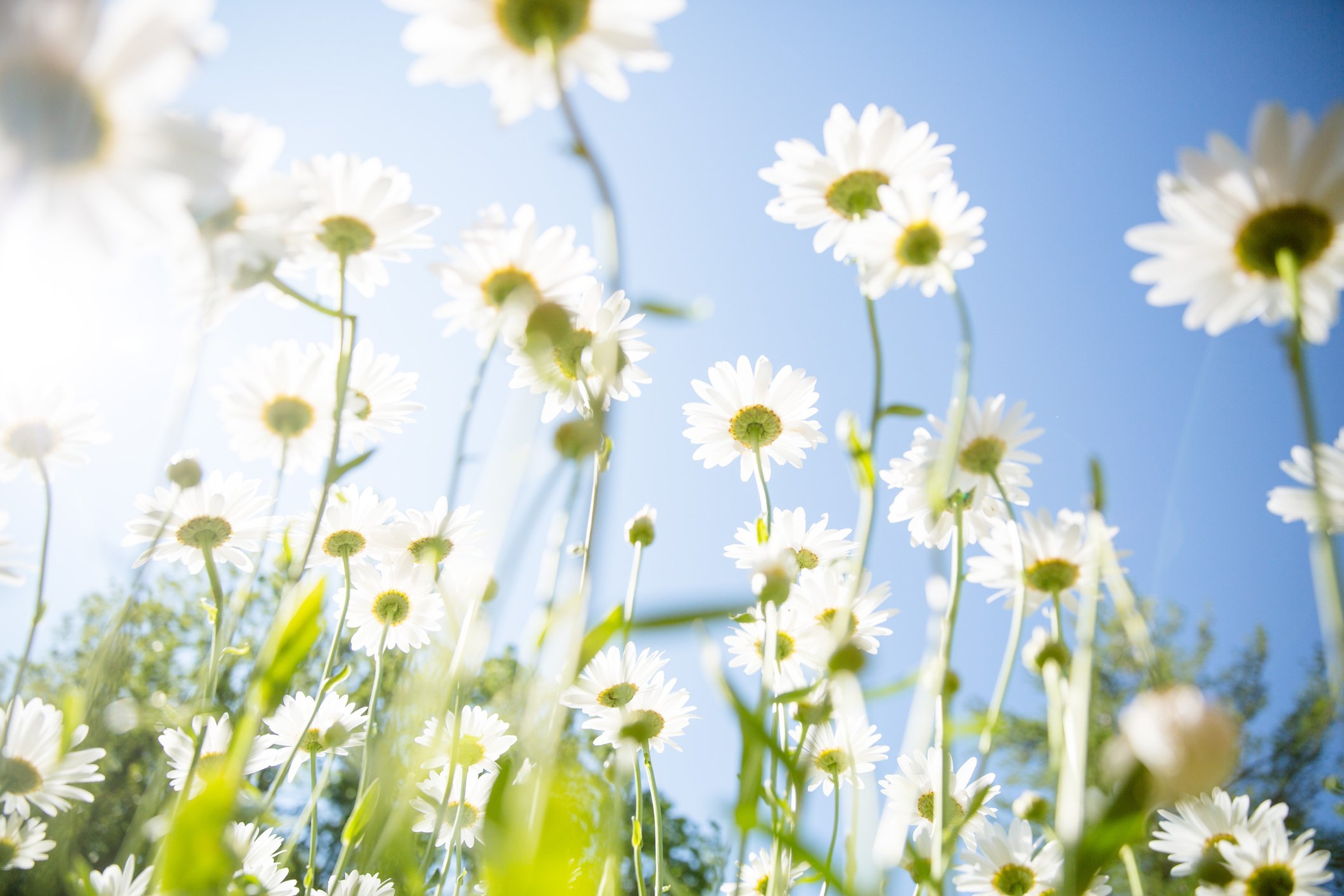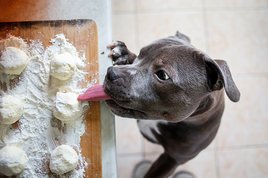Is Daisy Toxic to Dogs? This is The Truth
Published: 2025. 05. 03 - Photos: Getty Images Hungary • 2 minutes reading

Published: 2025. 05. 03 - Photos: Getty Images Hungary • 2 minutes reading

Spring is here, and if you look out of the window of your house, you're sure to see tiny white flowers in the grass. The beautiful little daisies adorn our gardens, but if you own a dog, you should be careful that your four-legged friend doesn't get one or two of these little beauties while chewing the grass - which is good for their digestion.
The daisy (Bellis perennis) is a species of plant in the Asteraceae family, which is widespread in most of Europe. It is classified as mildly poisonous, but that doesn't mean we can safely let our little friend snack on daisies between meals. Each individual reacts differently to these plants and although daisies are not the most dangerous of plants, they can cause serious symptoms in some dogs.
 Daisies can cause unexpected reactions
Daisies can cause unexpected reactions
But why might they be dangerous, and how can we prevent our curious pet from chewing on one?
Daisies contain medicinal compounds, mucilages, essential oils, flavonoids, tannins, triterpene saponins, organic acids, minerals, inulin and sugars. As a host, it can be used as a tea, as it is excellent for respiratory diseases, treating coughs, gout, rheumatism, and relieving pain and spasms. However, these active ingredients can cause problems in animals.
It depends on individual sensitivity how strong the symptoms of chewing or eating the flower are for our little friends. These symptoms may include: vomiting, diarrhoea, drooling, staggering or loss of appetite. As with many other toxic substances, it is the amount consumed that matters. If a dog only chews one or two petals, it is not usually a problem.
 Daisy (Bellis perennis)
Daisy (Bellis perennis)
If you see or suspect that your dog has eaten a poisonous plant, or is showing any signs of poisoning, make sure you see your vet! He or she can help you decide if emergency treatment is needed. In most cases, there is no need to intervene, but the doctor may recommend fluids or an emetic.
If you have the opportunity, plant pet-friendly alternatives in the garden. And if you want to keep daisies in your repertoire, make sure you put them where dogs can't get to them.
If a bunch of flowers has become the object of our furry friend's desire and he has tasted them, the biggest problem is that there may be more dangerous flowers in the bush. And something else to remember is that stagnant water in a vase can be poisonous.
The longer a bouquet of fragrant beauty sits on our table, the more chance there is of bacteria multiplying in the water in the vase.
Follow us!
facebook instagram youtube spotifyRelated articles

Yeast and Raw Pasta Can Kill Your Dog
Health • 3 minutes
How to keep your dog safe outdoors during the cold winter
Care • 5 minutes
Is your dog's paw slipping too often on the floor? Here's what you can do to help
Care • 3 minutes
As the temperature drops, your dog's skin becomes more sensitive: how to care for it properly
Care • 3 minutes